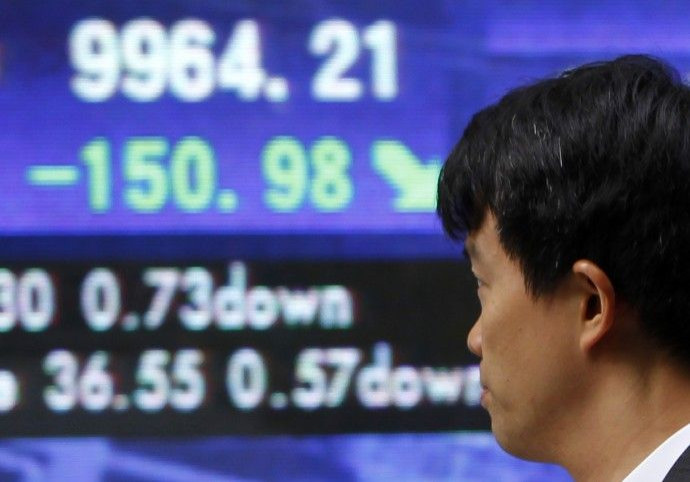Chinese rate hikes could benefit Japan: economist

China’s decision over the weekend to raise interest rates could turn out to be positive development for Japan, according to a a Tokyo-based economist.
Indeed, the Nikkei-225 index of Japan gained 0.75 percent in Monday’s trading session, while the Shanghai Composite Index plunged 1.90 percent, particularly the small-time property companies who are dependent on bank lending.
Korea’s Kospi index also slipped 0.37 percent, with exporters taking a particular hit.
We in Tokyo see this as an indicator that the [Chinese] government is moving towards exchange rate hikes and this is, of course, positive for Japan, Martin Schulz, senior economist at Fujitsu Research Institute told CNBC on Monday. “[It is seen as] positive for the competitiveness of not only Japan, but for many Asian economies.”
The People's Bank of China (PBOC) hiked its benchmark lending rate by 25 basis points to 5.81 percent and the benchmark deposit rate by 25 basis points to 2.75 percent,
The Chinese government is not too concerned about inflation overall, since the global economy remains in a deflationary environment, Schulz noted.
“But it is very important in China to show the… government is concerned and doing something,” he said.
“Inflation is much more important in the [consumer]-oriented and low-income economy in China. So, this is the right signal. It is also a positive signal to… global exchange markets and asset markets.”
© Copyright IBTimes 2024. All rights reserved.




















